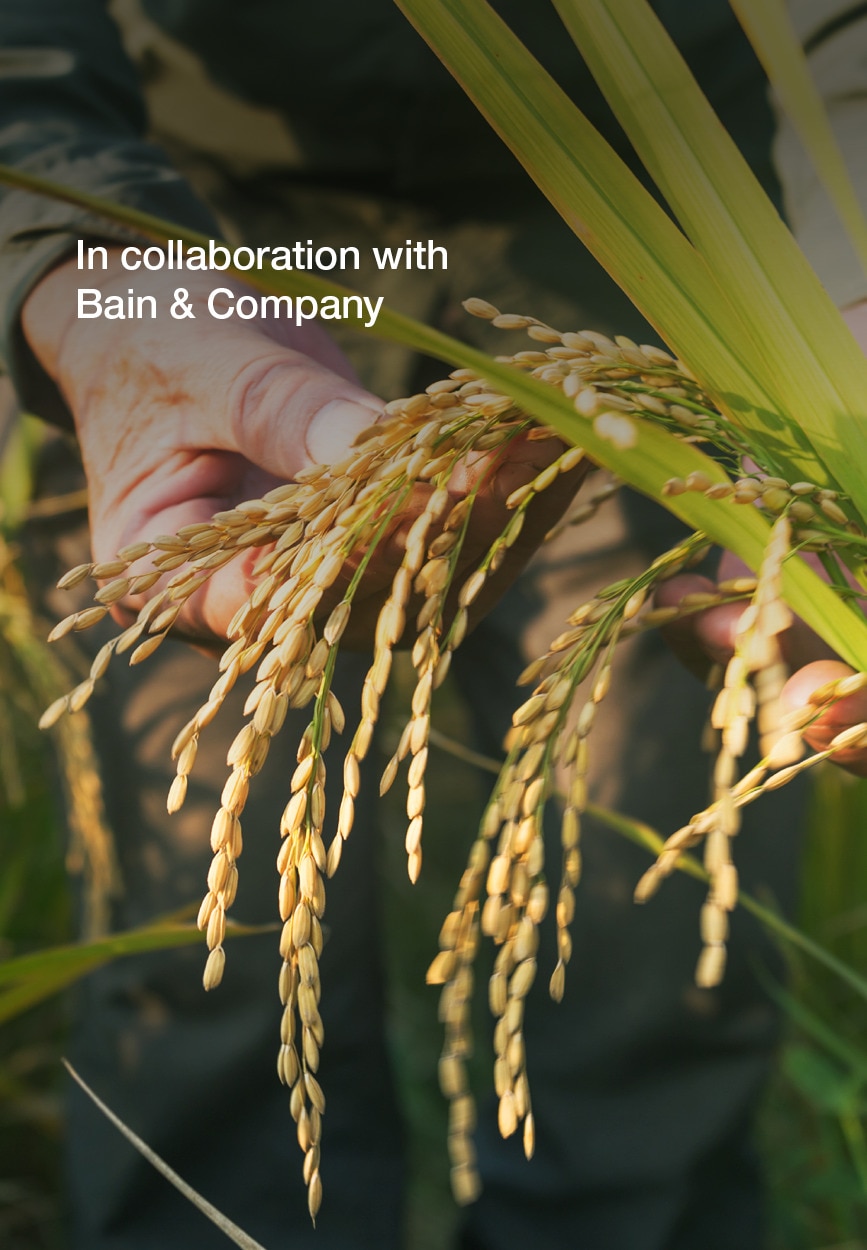
First Movers Coalition for Food: CEO Lessons for the Future of Food Procurement
Global food supply chains are being challenged by pressures ranging from geopolitical shifts and population growth to rising climate and nature impacts. Businesses face growing urgency to...















